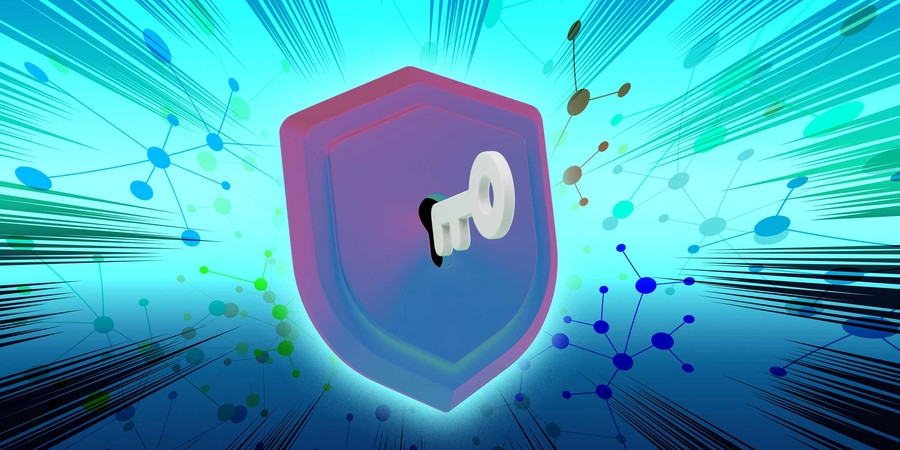November 16, 2023
Personalized deep-learning models can enable artificial intelligence chatbots that adapt to understand a user’s accent or smart keyboards that continuously update to better predict the next word based on someone’s typing history. This customization requires constant fine-tuning of a machine-learning model with new data.
Because smartphones and other edge devices lack the memory and computational power necessary for this fine-tuning process, user data are typically uploaded to cloud servers where the model is updated. But data transmission uses a great deal of energy, and sending sensitive user data to a cloud server poses a security risk.
Researchers from MIT, the MIT-IBM Watson AI Lab, and elsewhere developed a technique that enables deep-learning models to efficiently adapt to new sensor data directly on an edge device.
Their on-device training method, called PockEngine, determines which parts of a huge machine-learning model need to be updated to improve accuracy, and only stores and computes with those specific pieces. It performs the bulk of these computations while the model is being prepared, before runtime, which minimizes computational overhead and boosts the speed of the fine-tuning process.
Complete article from MIT News.
Explore
New Method Efficiently Safeguards Sensitive AI Training Data
Adam Zewe | MIT News
The approach maintains an AI model’s accuracy while ensuring attackers can’t extract secret information.
Photonic Processor Could Enable Ultrafast AI Computations with Extreme Energy Efficiency
Adam Zewe | MIT News
This new device uses light to perform the key operations of a deep neural network on a chip, opening the door to high-speed processors that can learn in real-time.
Can We Rely on Future AI ICs?- Robustness Design as Key Challenge for System Technology Co-Optimization
Thursday, November 21, 2024 | 1:00 - 2:00pm ET
Virtual
Speaker: Harald Gossner, Intel




